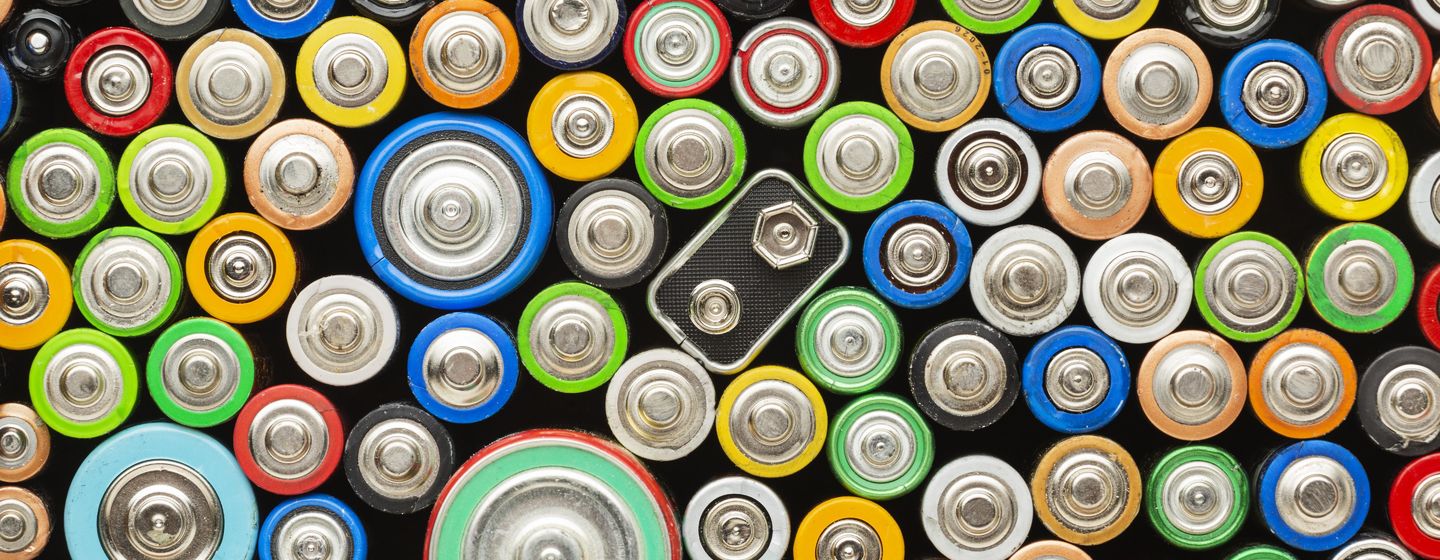
CIRCUSOL: Solar power business models towards a circular economy in Europe (PRESS RELEASE)
CIRCUSOL: Solar power business models towards a circular economy in…

Batteries Europe together with EASE organised a webinar to discuss the opportunities and challenges for Europe’s leadership role in the global battery storage industry. The event, organised under the umbrella of the EU Industry Days 2021, took place on Tuesday, the 9th of February 2021 with a presence of over 200 participants.
The event kicked off with the presentation by Mr Patrick Clerens from EASE who introduced the envisioned landscape for batteries in 2030. Regarding the battery storage market, a number of changes have happened in the past years. New products services for new value streams emerged such as grid service Fast Reserve in Italy or Firm Frequency Response in the UK. New diverse business cases across Europe were developed including the improvement of energy efficiency in public building Switzerland.
The customer awareness is growing which helps to create new energy communities. Not to leave the environment and social concerns behind, the circular economy approach should be adopted in the battery value chain, Mr Clerens emphasised.
The Batteries Europe Secretariat was represented by Ms Edel Sheridan who highlighted the need for sustainable processes as a part of the innovation in the batteries sector.
The ETIP Batteries Europe works across the entire value chain and each the part of the value chain impacts the other – from raw materials to integration into the electric grid and further. Keeping in mind that the focus of the EU GREEN DEAL is to decrease CO2 emissions, ‘a holistic approach is essential‘, said Ms Sheridan. In raising a question about hydrogen’s role in the energy transition - Europe must go for both technologies hydrogen and batteries.
Apart from the overall need for a low carbon footprint, the manufacturing processes should focus on innovation. Innovation is already taking place in the batteries sector and autonomous discoveries are speeding the process up. ’’We will have to develop many kinds of batteries for the future,’’ Ms Sheridan predicts, as the new markets will keep emerging from those we couldn’t see coming such as those we have seen recently with drones or e-bicycles.
Research topics focused on Raw Materials, Advanced Materials, Manufacturing, Smart Functionality, Batteries – Mobility, Stationary Storage, Recycling; channel the direction of Europe’s industry and give it a competitive advantage.
The future challenge is noticeable for both - recyclers and manufacturers. The smart functionality is necessary such as adding sensors to be able to use batteries for a longer time and the production of self-healing batteries. In recycling, excellent collection logistics need to be implemented. As customers also want fast-charging batteries this has to be addressed too. Another challenge that the batteries sector deals with is implementing the capacity building programmes needed to obtain a skilled workforce.
Mr Gauthier Dupont from Power Business Batteries presented the manufacturers' point of view. The circular economy is a hot topic in the battery sector. There is an interest to invest in the technologies that can guarantee a return on the investment made on rather expensive raw materials. However, recycling environmentally friendly batteries have no value - there won’t be a market for it. As Mr Dupont explained: ‘’Pure competition markets make it difficult to bring innovation to the market’’.
In the EU we want to produce the batteries in a sustainable way. We make commitments with the UN which are 4-fold: low CO2 footprint, supply chain ethics & sustainability, recycling & circularity, green factories.
‘We expect the market of batteries to boom (in the upcoming period)’ said Ms Fulvia Raffaelli Head of the Circular economy and construction unit at DG GROW. Ms Rafaelli continued: ‘’This is not only pioneering in Europe but it is setting a bar for the trade partners. It is an example for the global market.
‘Batteries will be a catalyst to become the 1st carbon-neutral continent.’ MEP Claudia Gamon from Renew Europe
Europe has the opportunity to attract investments and achieve its targets. Developing sustainable and innovative batteries is a key objective of the EU. While recent initiatives, both from the EU and industry stakeholders, go in the right direction, there is still significant room for improvement, especially from a regulatory perspective.


CIRCUSOL: Solar power business models towards a circular economy in…